
Our Blog
Explore relationships, parenting, separation and more on the RAQ blog.
Featured
How to Talk to Kids About Separation
Children
13 March 2024

-

Supporting children through the new social media age restrictions
New social media laws for children under sixteen are now in effect across Australia, and many young people and their families may be feeling the impact. If your child is...
-

Caring for our kids during natural disasters
It’s normal that as we prepare ourselves, our homes, and our family for what natural disasters might bring, our kids’ emotions may not be top of mind. Thankfully, there are...
-
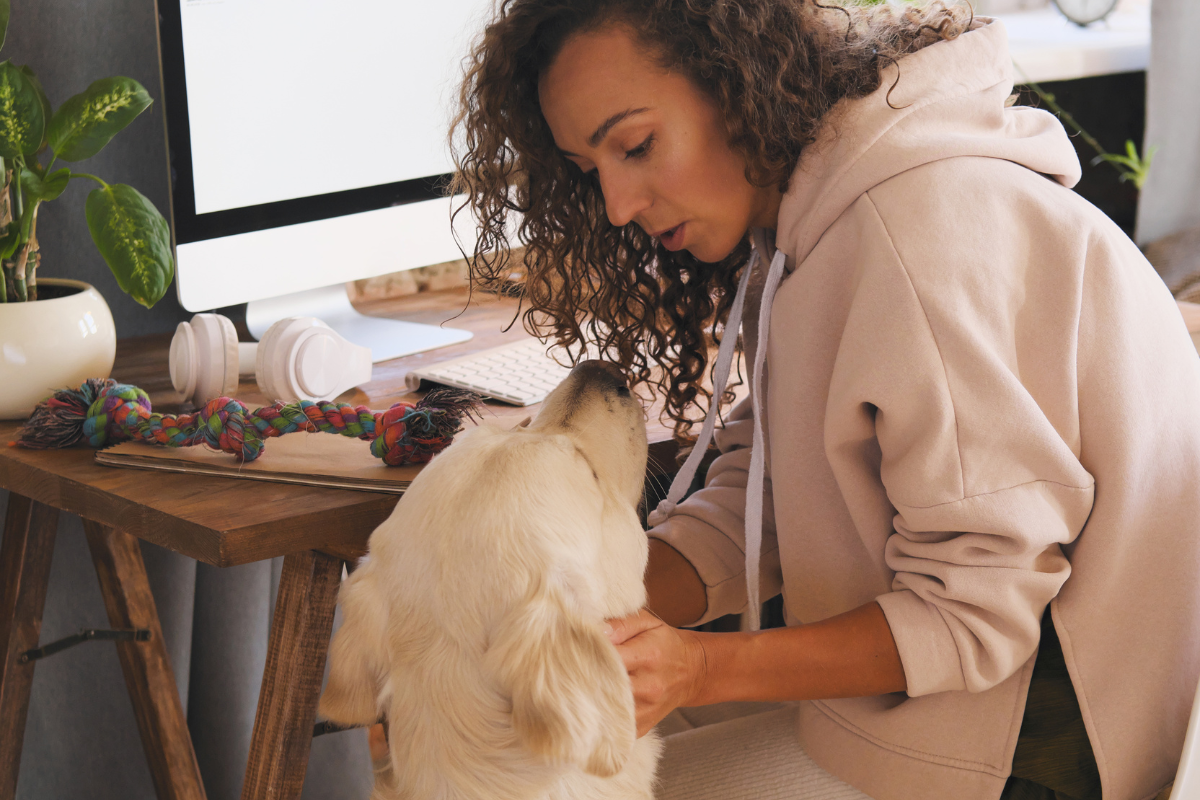
Why are Australia’s young people so lonely?
Our young people are experiencing a loneliness epidemic. In the 2023 annual Household, Income and Labour Dynamics in Australia (HILDA) Survey, Australians aged 15 to 24 reported being the loneliest...
-

How to talk to kids about separation
Approaching the topic of separation with little ones can be overwhelming. The temptation can be to either delay sharing the news or to ‘rip the band-aid off’. In many cases,...
-
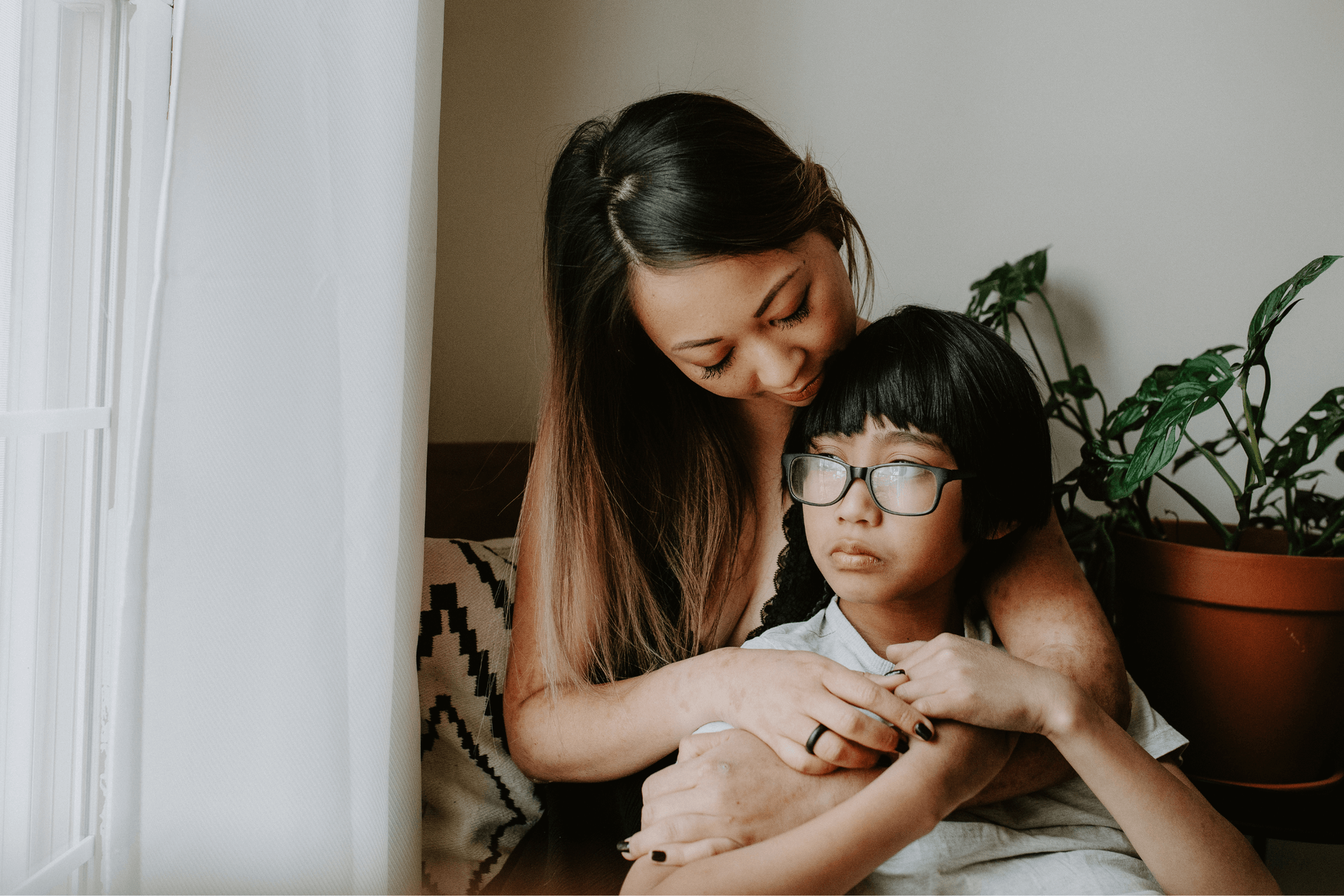
How to support your child’s mental health
Parents and carers play an important role in promoting positive mental health and wellbeing in children. Research shows approximately 1 in 7 children and adolescents aged 4–17 years in Australia...
-

How to talk to kids about The Voice
The upcoming Voice referendum and related First Nations issues have sparked conversations on TV, social media, and in our everyday lives. Perhaps your child has approached you with curiosity and...
-

List of coparenting boundaries
Coparenting with an ex-partner can be challenging, especially if the relationship ended on rocky terms. It can help to determine some coparenting boundaries or rules to ensure your child’s best...
-
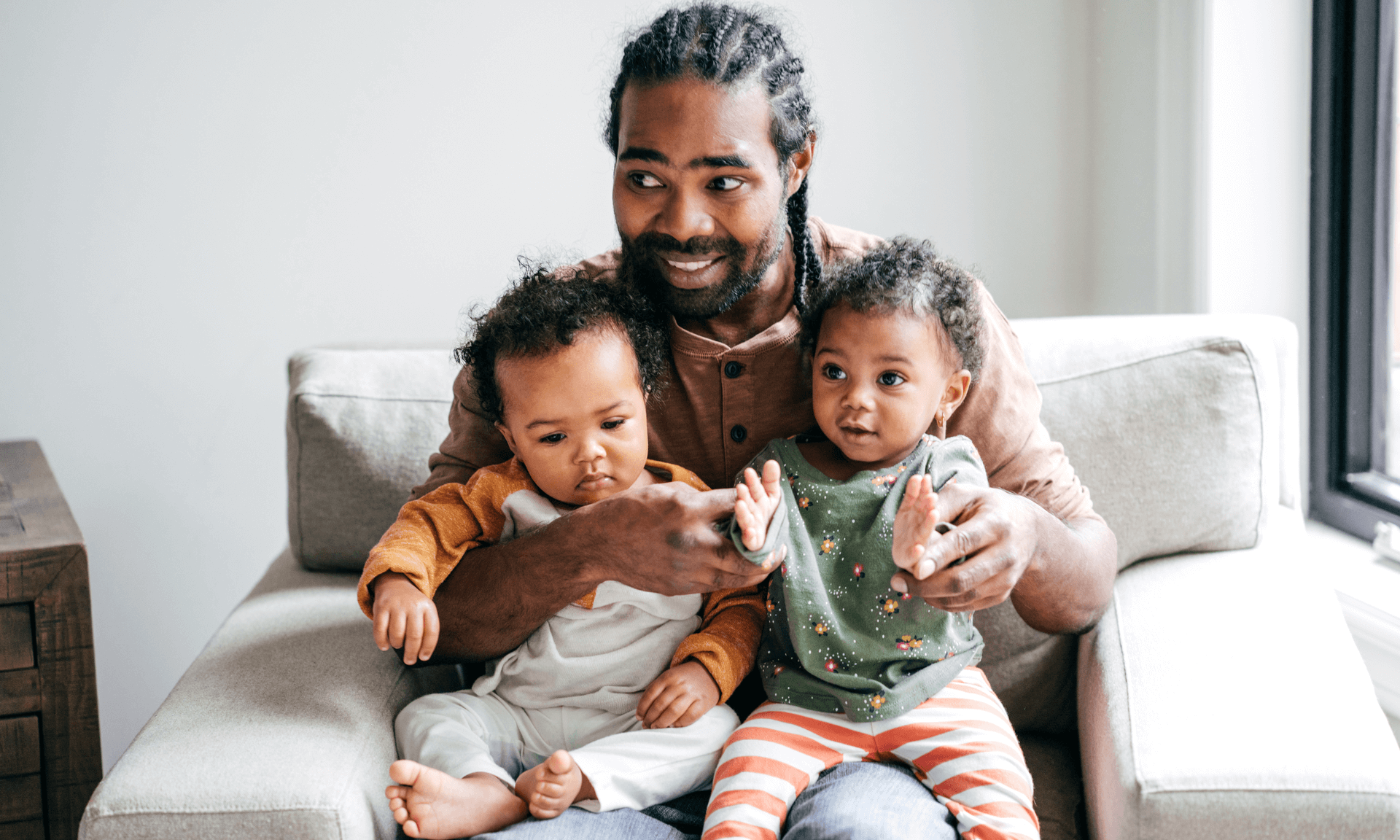
How to be a good father after divorce
It’s normal to worry about your relationship with your kids after a divorce or separation – especially if you’ll be spending less time with them. This can be a very...
-
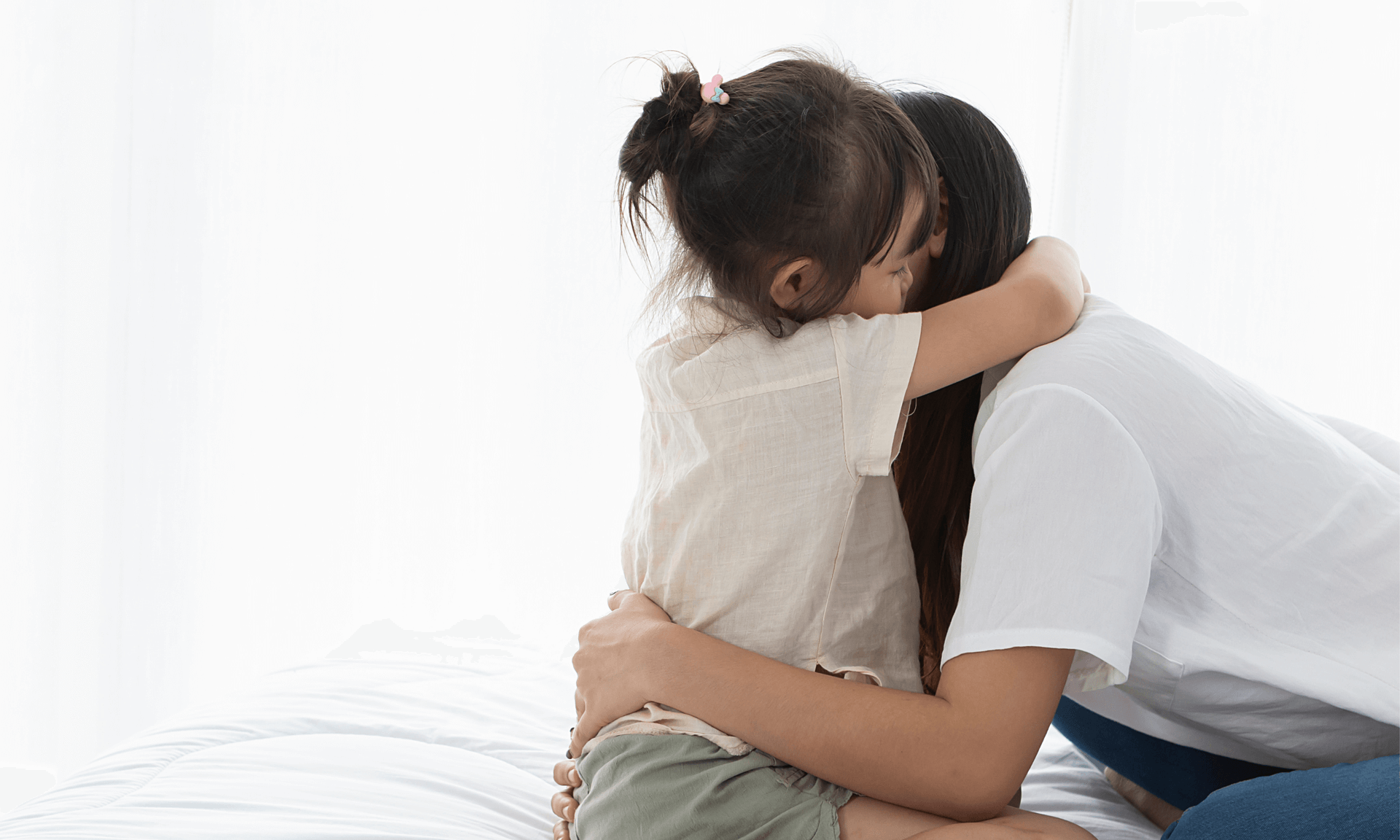
When your child favours one parent over the other after divorce
Separation and divorce can be challenging and confusing for children. This dramatic change to the family dynamic and routine can bring a lost sense of safety and stability. It can...
-
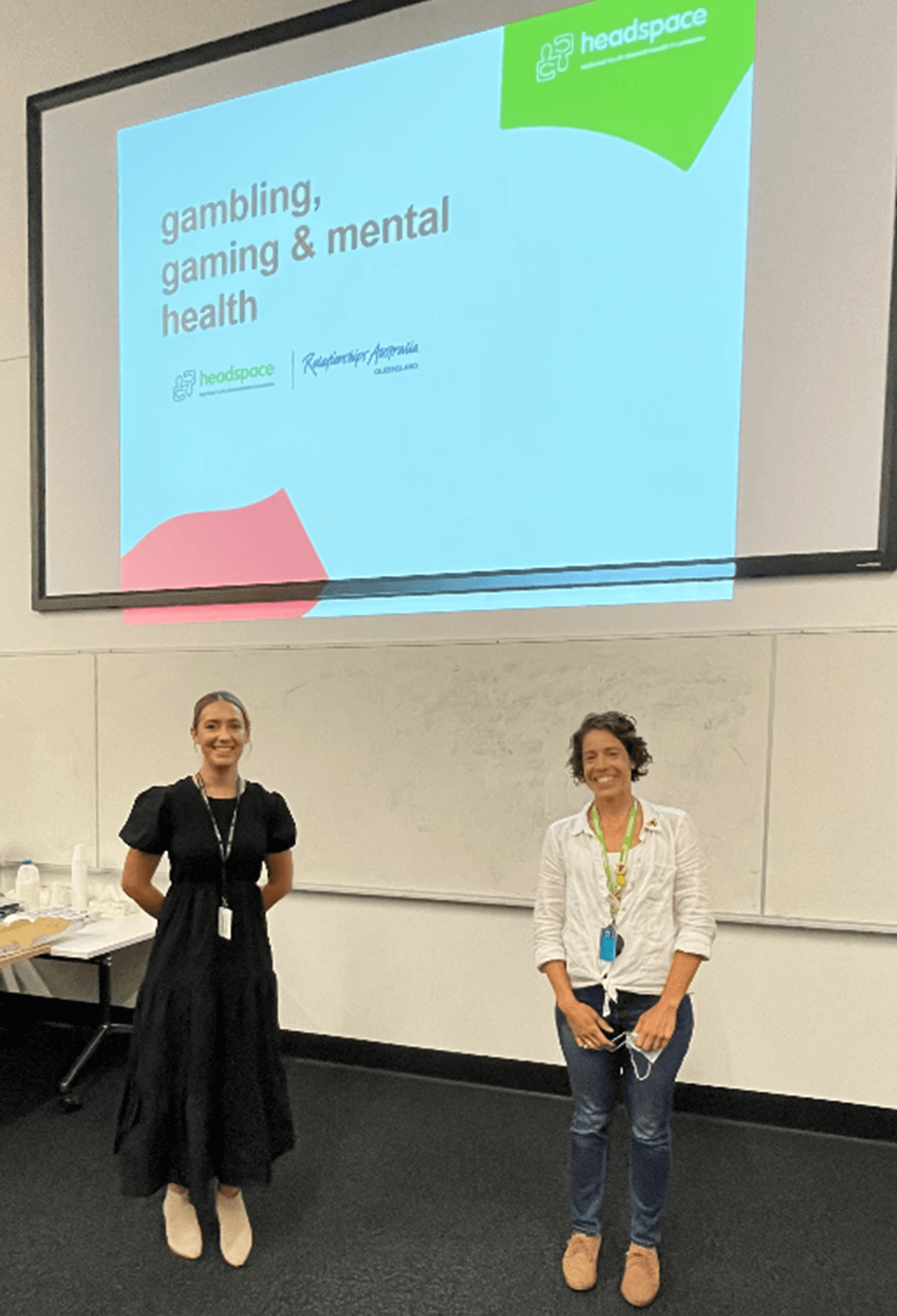
Young People and Gambling
Technology has changed the way we gamble, making it more accessible and convenient. Mobile phone users can access online gambling websites and apps at the touch of a button –...
